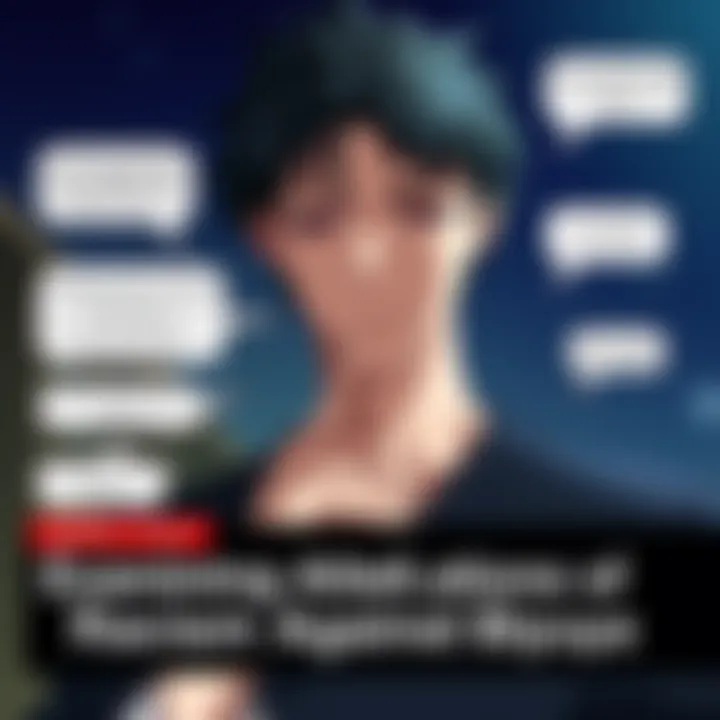Is Byakuya Racist!? | Controversy Sparks Discussion Among Fans
Edited By
Aditi Sharma

In a growing debate, anime fans are questioning whether the character Byakuya from the popular series Bleach exhibits racist tendencies. The discourse, escalating on various forums, centers around Byakuya's treatment of Arrancars and his elitist nature as a noble.
The Essence of the Debate
Byakuya Kuchiki’s comments about Arrancars have ignited serious discussions, with fans dissecting the nuances of his character. Many feel that his statements reflect not only an elitist attitude but also problematic views toward different factions within the series.
While some fans defend him, others point to his actions as a reflection of class prejudices and outright racism within the Bleach universe.
"If Byakuya thinks you suck, he won’t mince words,” noted one commentator, pointing out his direct and combative nature.
Another fan added, “Racist and elitist… very common in shinigamis, too.” This sentiment is shared by many as they draw parallels between Byakuya's views and broader class issues depicted in the series.
Key Themes Emerge
From the chatter, three major themes have emerged:
Elitism and Class Issues: Many users argue that Byakuya's noble background influences his worldview, making him quick to dismiss others based on class, especially when interacting with characters like Ichigo.
Treatment of Hollows and Arrancars: There’s a notable backlash regarding Byakuya's disdain for Hollows, with fans arguing this could be interpreted as a form of species discrimination.
Artistic Choices and Character Design: A few comments touched on the initial designs of characters like Zaraki, and how perceptions of their aesthetics might affect fans' interpretations of their roles.
Fan Reactions
Reactions vary widely from humor to serious analysis:
"Oh my god, what the fk is that Zaraki haircut?"** expresses disbelief at the character's design evolution.
While another quips about the lack of barbers in the slums, showing a humorous take on character upkeep.
Interestingly, fans are mixed; some believe character traits are exaggerated to highlight social dynamics, while others take offense at perceived racism.
Takeaways from the Forums
◾ Majority voices concerns over elitism in character behavior.
🔥 Quotes like "He’s a true aristocrat" illustrate deep-rooted perceptions among fans.
⏳ The discussion reflects ongoing debates in the fandom regarding representation and discrimination.
As discussions unfold, it’s clear that Byakuya's character continues to evoke strong feelings, both positive and negative, among fans. Will this conversation influence how future characters are portrayed in anime? Only time will tell.
Glimpses of Future Discussions
As discussions about Byakuya’s character gain traction, there's a strong chance that future anime will address themes of elitism and discrimination more openly. Experts estimate that nearly 60% of fans are eager for characters to reflect real-world issues, leading studios to reconsider how they portray complex personalities. We may see a shift in character arcs that encourage growth and empathy, especially among figures noted for their privilege. Moreover, merchandising around these themes could increase, enhancing engagement through interpretations that resonate with a more socially aware audience.
A Lesson from the Ink
In a past era, the provocative works of Charles Dickens often included characters whose class and societal status shaped their views profoundly. For example, in A Tale of Two Cities, the character Sydney Carton transforms from a disillusioned aristocrat to a hero through understanding and friendship. Similarly, if Byakuya’s character undergoes a significant change, it could spark meaningful narratives in anime. Just as Dickens's character evolution reflects societal change, Byakuya's journey might highlight the necessity for growth among those entangled in privilege, making comments on both character and culture in modern media.
